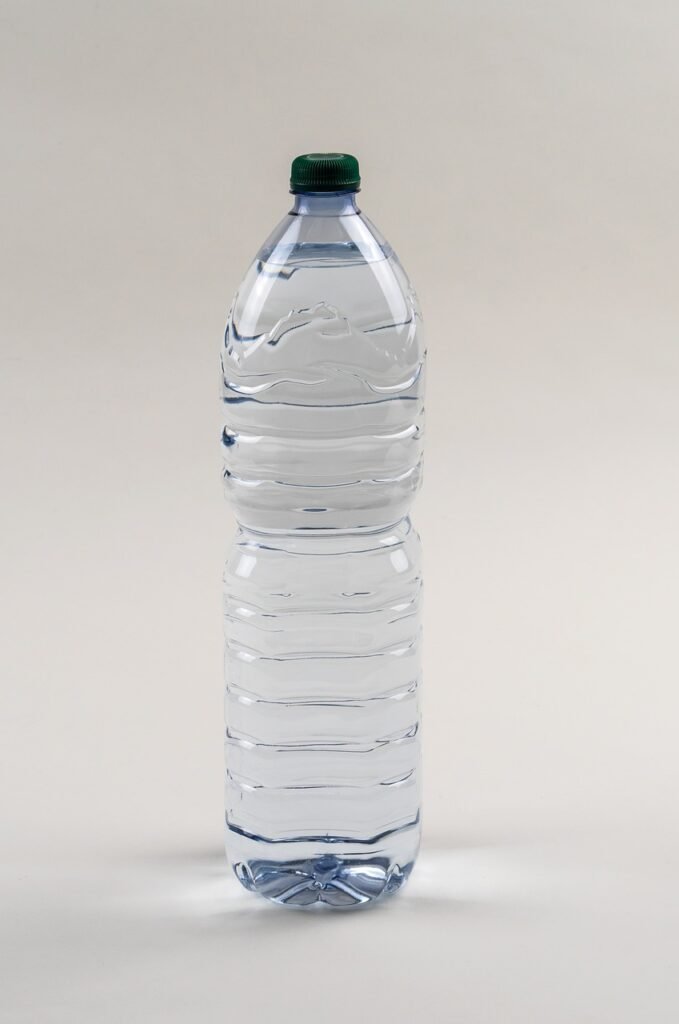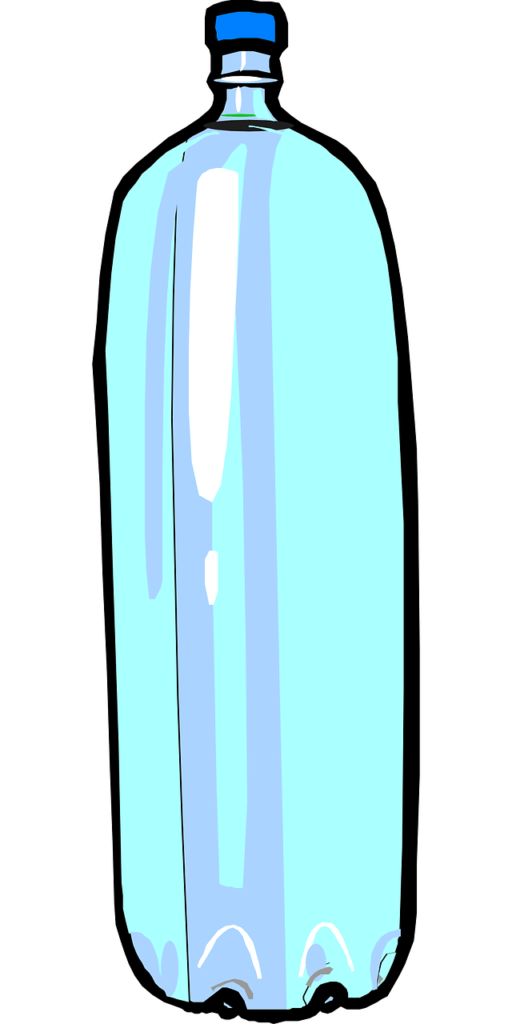Welcome to an insightful article on comparing the characteristics of different plastic materials. In this piece, you will learn about the various types of plastic materials, their unique properties, and how they are used in different industries. From the strength of polycarbonate to the flexibility of polyethylene, you will discover the key differences between these materials and gain a better understanding of which type is best suited for your specific needs. Let’s dive in and explore the world of plastic materials together! Hey there! Have you ever wondered about the differences between various plastic materials? From everyday items like water bottles to more specialized products like car parts, plastics are an essential part of our lives. In this article, we’ll explore the characteristics of different types of plastic materials, helping you understand their unique properties and applications. Let’s dive in!

This image is property of pixabay.com.
Understanding the Different Types of Plastic Materials
Plastics are versatile materials that are used in a wide range of applications due to their flexibility, durability, and cost-effectiveness. However, not all plastics are created equal. There are several types of plastic materials, each with its own unique characteristics and properties. Let’s take a closer look at some common types of plastics and their key attributes.
Table 1: Overview of Different Types of Plastic Materials
| Plastic Type | Characteristics | Common Applications |
|---|---|---|
| Polyethylene | Flexible, lightweight | Packaging, containers |
| Polypropylene | Stiff, heat-resistant | Food containers, textiles |
| Polystyrene | Insulating, rigid | Foam packaging, disposable cups |
| PVC | Durable, chemical-resistant | Pipes, flooring |
| PET | Clear, strong | Bottles, polyester fabrics |
Plastics can be classified into two main categories: thermoplastics and thermosetting plastics. Thermoplastics can be melted and reshaped multiple times, while thermosetting plastics undergo a chemical reaction during the manufacturing process that makes them rigid and unable to be reshaped. Each type of plastic material has its own unique set of properties, making them suitable for different applications.
Analyzing the Properties of Plastic Materials
When choosing a plastic material for a specific application, it’s essential to consider various properties such as strength, flexibility, heat resistance, and chemical resistance. Different types of plastic materials exhibit different properties, making them suitable for specific uses. Let’s delve deeper into the key properties of plastic materials and how they impact their performance.
Strength and Durability
One of the most critical properties of plastic materials is their strength and durability. The strength of a plastic material refers to its ability to withstand external forces without breaking or deforming. Durability, on the other hand, refers to the material’s ability to maintain its structural integrity over time.
Some plastics, like polypropylene and PVC, are known for their high strength and durability, making them ideal for applications that require robust materials. On the other hand, plastics like polystyrene may be less durable but offer other benefits such as insulating properties.
Flexibility and Shape Retention
Flexibility is another essential property of plastic materials, especially in applications that require bending or shaping. Flexible plastics, such as polyethylene, can be easily molded into different shapes without breaking. Shape retention refers to the material’s ability to maintain its form even under stress.
Plastics like PVC and PET are known for their flexibility and shape retention, making them suitable for products like pipes and bottles. Understanding the balance between flexibility and shape retention is crucial when selecting a plastic material for a specific application.
Heat Resistance
Heat resistance is a critical property for plastic materials used in high-temperature environments. Plastics that can withstand elevated temperatures without melting or deforming are essential for applications like automotive parts or electrical components.
Materials like polypropylene and PVC are known for their heat resistance, making them suitable for applications that require stability at high temperatures. Understanding the thermal properties of plastic materials is crucial to ensure their performance in demanding environments.

This image is property of pixabay.com.
Exploring Common Applications of Plastic Materials
Plastic materials are used in a wide range of applications across various industries due to their versatility and cost-effectiveness. From everyday items like food containers to specialized products like medical devices, plastics play a significant role in our daily lives. Let’s explore some common applications of plastic materials and how their properties make them ideal for specific uses.
Packaging and Containers
One of the most common applications of plastic materials is in packaging and containers. Plastics like polyethylene and PET are widely used for packaging due to their lightweight, flexible, and clear properties. These materials are ideal for storing food products, beverages, and household items, providing a cost-effective and durable solution for packaging needs.
Plastics like polyethylene and PET are widely used for packaging due to their lightweight, flexible, and clear properties. These materials are ideal for storing food products, beverages, and household items, providing a cost-effective and durable solution for packaging needs.
Automotive Parts
Plastic materials are also extensively used in the automotive industry for manufacturing various parts such as bumpers, dashboards, and interior trims. Plastics like polypropylene and PVC are favored for their high strength, durability, and heat resistance, making them suitable for automotive applications.
Medical Devices and Equipment
In the healthcare industry, plastic materials play a critical role in the manufacturing of medical devices and equipment due to their biocompatibility, flexibility, and sterilizability. Plastics like PVC and PET are commonly used in medical applications, providing a safe and reliable solution for products like IV tubes, syringes, and medical packaging.
Construction and Building Materials
Plastic materials are widely used in the construction industry for manufacturing various building materials such as pipes, windows, and flooring. Plastics like PVC are favored for their durability, chemical resistance, and ease of maintenance, making them ideal for applications in challenging environments.
Electronics and Electrical Components
In the electronics industry, plastic materials are used for manufacturing various components such as casings, connectors, and insulators due to their insulating properties and heat resistance. Plastics like polystyrene and polypropylene are commonly used in electronic applications, ensuring the safety and reliability of electrical devices.
Conclusion
Plastic materials are essential components of our daily lives, providing versatile solutions for a wide range of applications across various industries. Understanding the characteristics of different types of plastic materials is crucial when selecting the right material for a specific application. By considering properties like strength, flexibility, heat resistance, and chemical resistance, you can choose the most suitable plastic material for your needs. Whether you’re packaging food products, manufacturing automotive parts, or designing medical devices, plastic materials offer a cost-effective and reliable solution for your requirements.
I hope this article has given you a better understanding of the characteristics of different plastic materials and their applications. If you have any questions or would like to learn more about specific types of plastic materials, feel free to reach out. Happy exploring!
